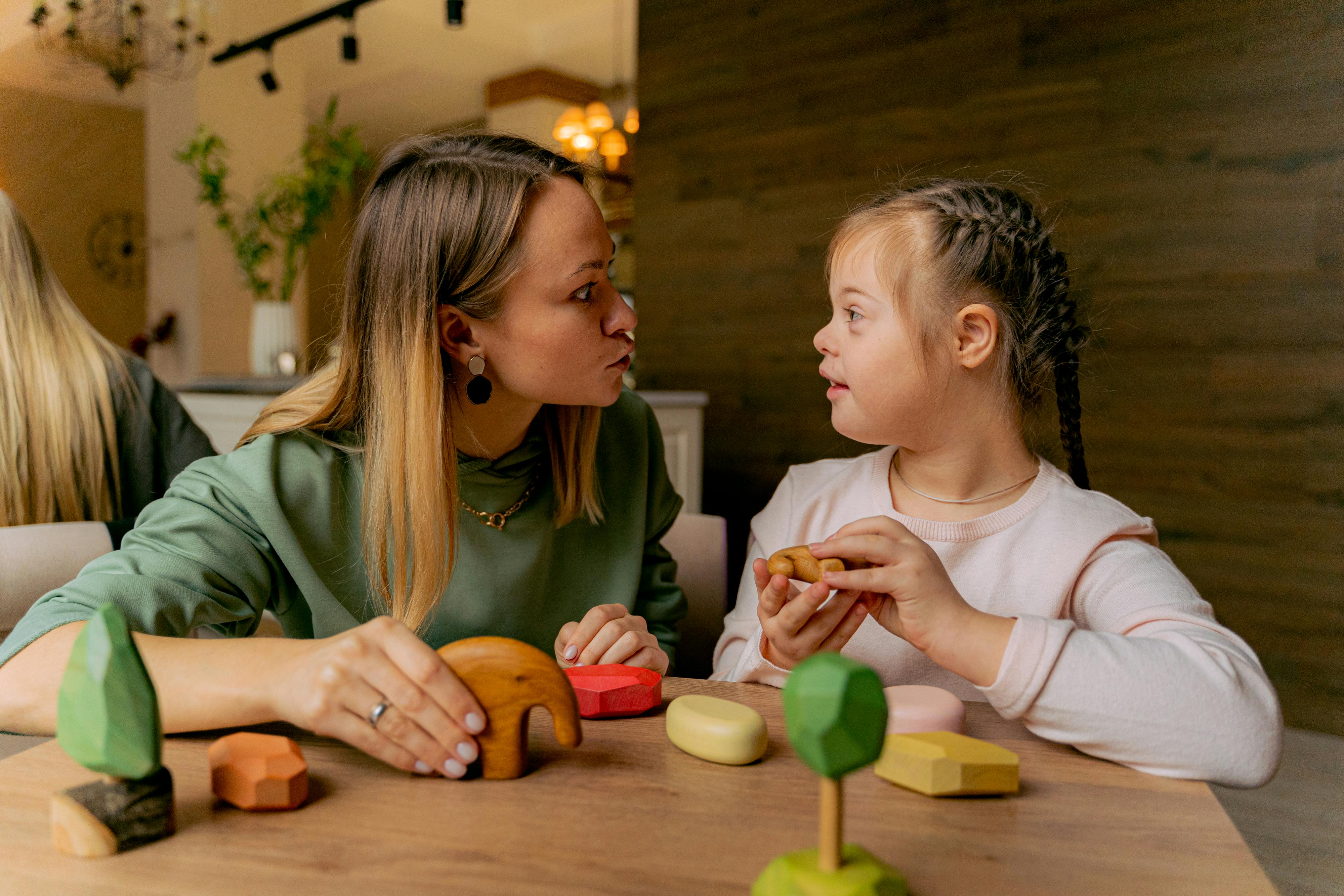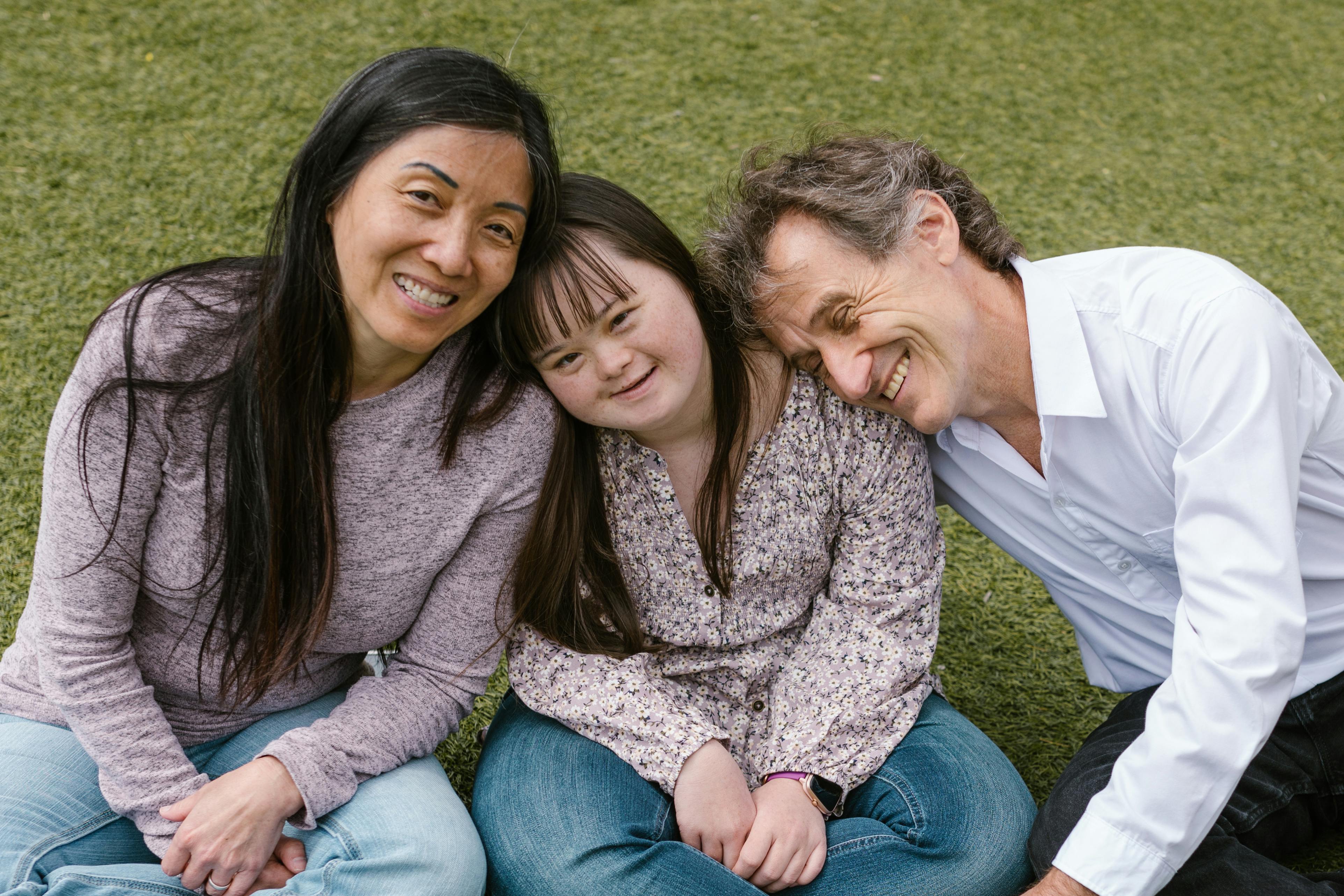Building Foundations: Functional Skills for Ages 3-8
For young children with special needs, the focus is on building fundamental functional skills that promote communication, self-care, and interaction with their environment. Individualized approaches and patient support are key during these formative years.

Key Functional Skill Areas for 3-8 Year Olds:
- Communication Skills (Augmentative and Alternative Communication - AAC): Developing methods to express needs, wants, and ideas using verbal language, sign language, picture exchange systems (PECS), communication boards, or assistive technology.
- Self-Care Skills: Learning basic hygiene tasks (handwashing, tooth brushing), dressing and undressing, eating and drinking independently (with modifications as needed), and toileting skills (with support and adaptive equipment if required).
- Sensory Processing & Regulation: Developing awareness of sensory inputs (light, sound, touch, taste, smell, movement) and learning strategies to manage sensory sensitivities or seeking behaviors in a safe and functional way.
- Gross and Fine Motor Skills for Daily Living: Developing physical coordination for tasks like sitting, standing, walking (with aids if necessary), reaching, grasping, and manipulating objects for play and self-care.
- Social Interaction Skills: Engaging in parallel play, turn-taking, understanding basic social cues, and interacting with family members, peers, and caregivers in a positive manner.
- Following Simple Directions and Routines: Understanding and responding to basic instructions, learning to follow daily routines, and developing a sense of predictability.
Expanding Abilities: Functional Skills for Ages 9-14
As children with special needs enter their pre-teen and early teen years, the focus shifts towards more complex functional skills that promote greater independence in community settings, enhance social relationships, and build skills for daily living.

Key Functional Skill Areas for 9-14 Year Olds:
- Advanced Communication Skills: Using more complex language, understanding social communication nuances, participating in conversations, and potentially using more advanced AAC systems.
- Personal Hygiene & Health Management: Maintaining personal hygiene independently, understanding basic health needs, potentially managing medication with supervision, and recognizing signs of illness.
- Meal Preparation & Home Skills: Assisting with simple meal preparation, understanding food safety, performing basic household chores (e.g., setting the table, wiping surfaces), and organizing personal belongings.
- Community Participation Skills: Learning to navigate public transportation (if applicable and safe), understanding safety rules in the community, accessing community resources (libraries, parks), and participating in age-appropriate activities.
- Social Skills & Peer Relationships: Developing friendships, understanding social boundaries, resolving conflicts with peers, participating in group activities, and learning about empathy and perspective-taking.
- Money Management Basics: Recognizing different denominations of money, understanding basic purchasing concepts, and potentially managing a small allowance with support.
Transitioning to Adulthood: Functional Skills for Ages 15-18
For older teenagers with special needs, the emphasis is on developing functional skills that will support their transition into adulthood, including vocational exploration, independent living skills to the maximum extent possible, and self-advocacy.

Key Functional Skill Areas for 15-18 Year Olds:
- Pre-Vocational & Vocational Skills: Exploring career interests, developing basic work habits (punctuality, following instructions), participating in vocational training programs, and potentially engaging in supported employment opportunities.
- Independent Living Skills: Further developing skills in personal care, home management, meal preparation, laundry, and potentially learning to live independently or in a supported living arrangement.
- Financial Management & Budgeting: Developing a deeper understanding of budgeting, managing personal finances, using banking services, and understanding the concept of earning and spending.
- Transportation & Mobility: Learning to use public transportation independently (if feasible and safe), understanding pedestrian safety, and potentially learning to drive with adaptations or utilizing paratransit services.
- Self-Advocacy Skills: Learning to understand their own needs and rights, communicating these effectively to others, participating in IEP meetings, and making choices about their own lives.
- Social & Community Integration: Participating in community activities, building meaningful relationships with peers, understanding social norms in various settings, and accessing recreational opportunities.
